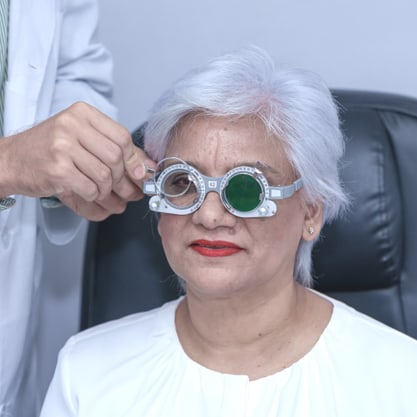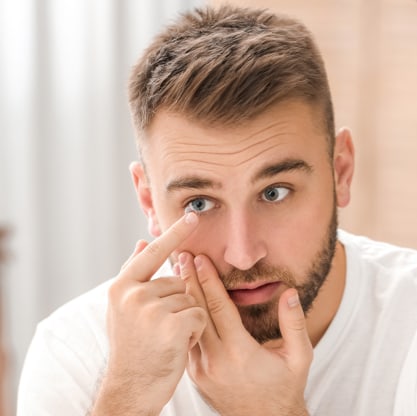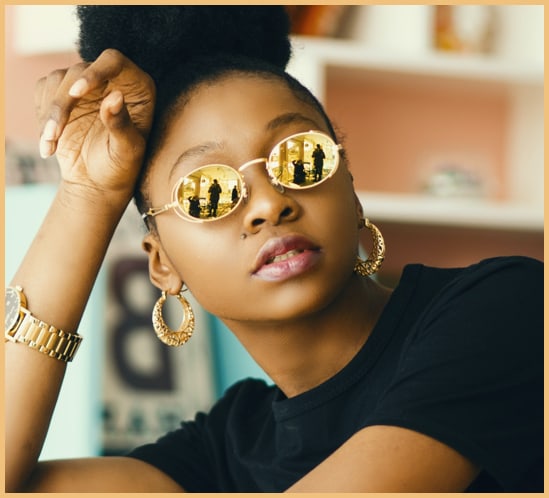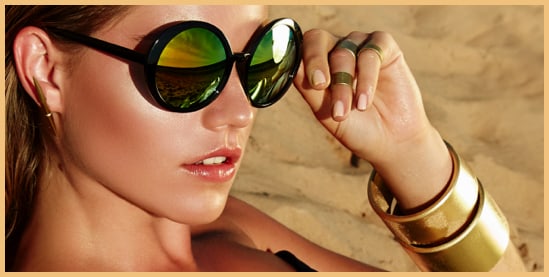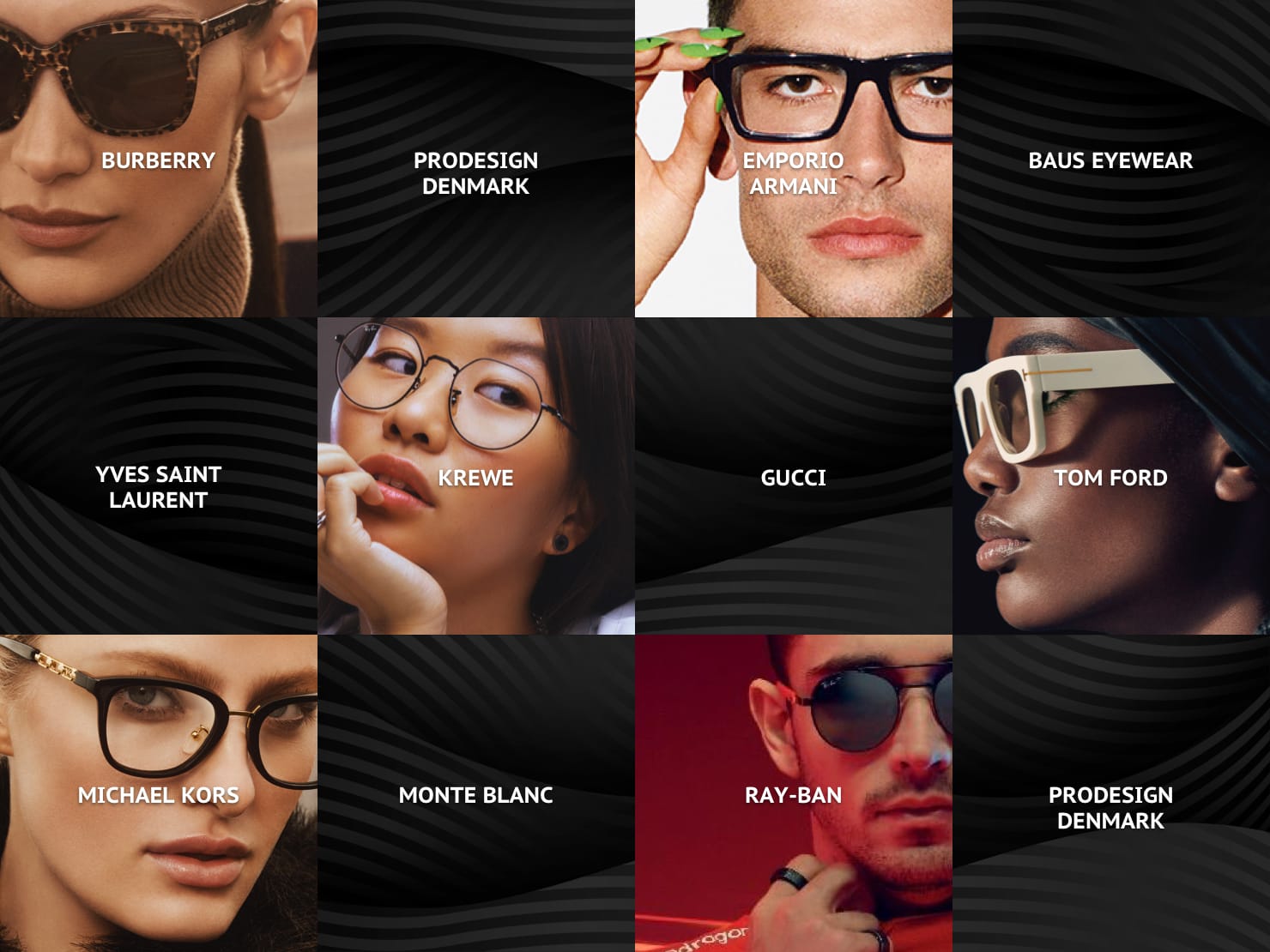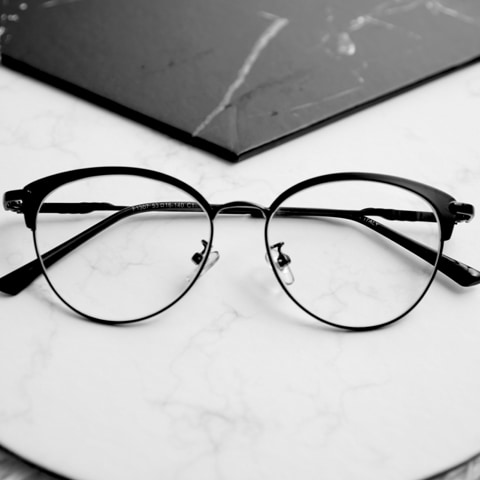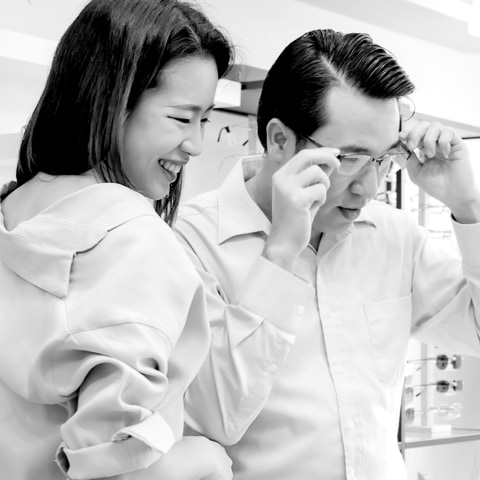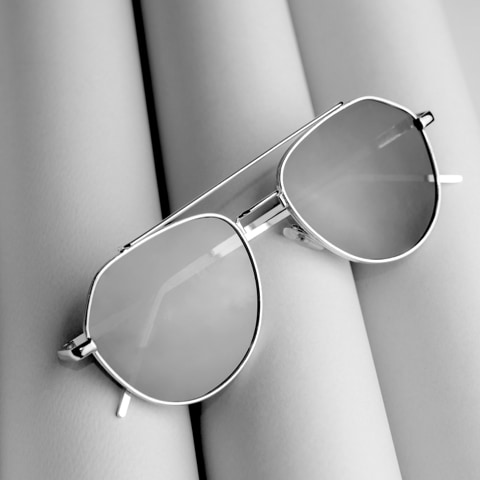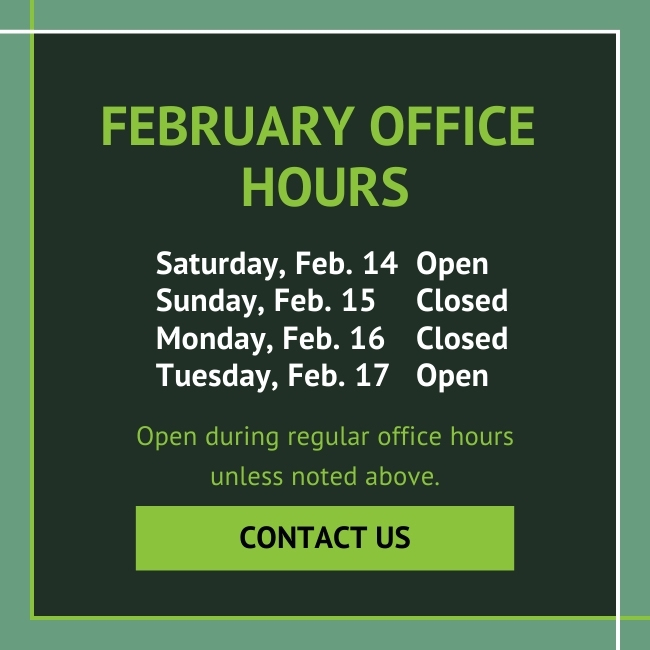Your eyes are your window to the world, but like any window, they might need maintenance to stay clear. Many assume that as long as they can see “just fine,” they don’t need glasses.
However, perfect vision isn’t always what it seems. Our eyesight can change as we age due to vision problems like cataracts or just the simple process of aging.
If you frequently squint to see, experience headaches or eye strain, have a harder time reading, or rub your eyes more often than you used to, these can all be signs that you need eyeglasses to support the changes your eyes are experiencing.
Debunking 20/20 Vision: Why You May Still Need Glasses
Many believe having 20/20 vision means they’ll never need glasses, but that’s not the whole story. While 20/20 vision measures how well you can see at a certain distance, it doesn’t cover other aspects of visual health, such as focus, depth perception, or eye strain.
Your vision can change significantly as you age. For example, it’s common for people to develop presbyopia (difficulty focusing on close-up tasks), especially after age 40. Additionally, conditions like astigmatism, myopia (nearsightedness), and hyperopia (farsightedness) may develop—even if your eyesight seemed perfect during your younger years.
Ultimately, just because you can read small text on a poster across the room doesn’t mean your eyes are free of issues.
Common Eye Problems That Require Glasses
Glasses aren’t just for people who can’t read street signs or menus. They address a variety of common eye problems that might otherwise be overlooked.
Astigmatism
Astigmatism occurs when the cornea or lens of your eye is irregularly shaped. Instead of being perfectly round, it is more like a football, which distorts light as it enters your eye. This can result in blurry vision, headaches, and difficulty focusing, especially when performing tasks like reading or driving at night.
Glasses designed for astigmatism contain lenses that counteract this distortion, providing clearer, sharper vision.
Myopia (Nearsightedness)
Myopia, commonly known as nearsightedness, affects your ability to see distant objects. You might be nearsighted if you find yourself squinting to read road signs or to recognize someone from afar.
Myopia is becoming increasingly common, partially due to the excessive use of screens and close-up tasks. Fortunately, corrective lenses can refocus your vision, bringing everything back into sharp detail.
Hyperopia (Farsightedness)
Farsightedness, or hyperopia, is the opposite of myopia. While distant objects may appear clear, you might struggle to focus on nearby objects. This condition can cause headaches, eye strain, and tired eyes, especially after prolonged close-up work like reading or typing.
With the right pair of glasses, hyperopia becomes much easier to manage.
Presbyopia
Presbyopia is a natural part of aging that usually begins in your 40s. It makes it harder to focus on objects up close, like a book or a menu. For many people, presbyopia becomes apparent when they find themselves holding their phone or a piece of paper farther away to read clearly.
Reading glasses or bifocals are often the go-to solution for presbyopia, offering an enhanced focus for close-up activities.
What Symptoms Might You Develop if You Need Glasses?
It’s not always clear when you need glasses—and your eyes might be sending signals you didn’t realize were related to vision issues. Here are some key symptoms to watch for:
- Blurry Vision
- Frequent headaches
- Squinting
- Eye strain or fatigue
- Difficulty seeing at night
- Double vision
- Holding items closer or farther to read
Do Not Ignore Signs You Need Glasses
Ignoring the signs of vision problems can have long-term consequences. Strained eyes lead to discomfort and headaches, and driving with impaired vision can be dangerous for both you and others on the road. The sooner you address potential vision issues, the better your overall quality of life will be.
The Importance of Regular Eye Exams
Even if you’re not experiencing significant symptoms, regular eye exams should be a part of your healthcare routine. For adults, visiting an optometrist once every year or 2 is recommended. These checkups can spot vision issues early—even before noticeable symptoms occur.
Eye exams go beyond vision testing; they also help detect conditions like glaucoma, cataracts, and macular degeneration. Regular checkups are especially critical if you have a family history of eye diseases.
An optometrist typically conducts a comprehensive evaluation, including tests for visual acuity, eye pressure, and retina health. These tests can confirm whether corrective lenses are necessary if you need glasses.
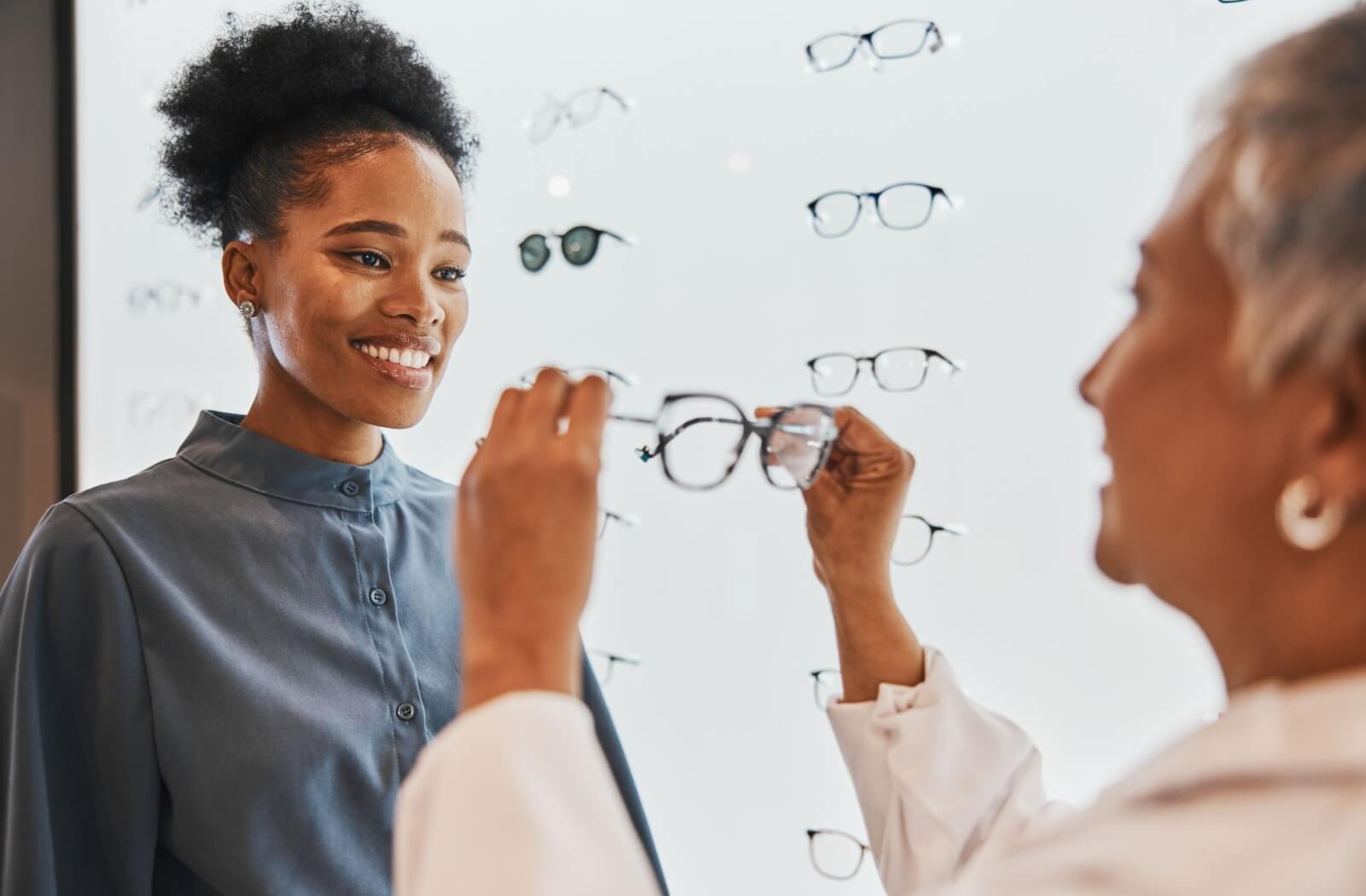
What to Do if You Think You Need Glasses
If any of this sounds familiar, it’s time to take action and prioritize your eye health. Here’s what to do next:
- Schedule an eye exam: Book an appointment with a licensed optometrist. They’ll conduct a thorough eye evaluation and determine if you need glasses.
- Discuss your lifestyle: Talk to your eye doctor about your daily activities during your appointment. Whether you’re working at a computer all day or spending hours outdoors, this can help them recommend the best type of lenses for your lifestyle.
- Choose glasses that suit you: If you need glasses, you can choose from various styles, materials, and lens options. Don’t be afraid to ask questions to find a functional and stylish pair.
- Consider blue light protection: If you spend a lot of time in front of screens, ask about lenses with blue light filtering. This might improve comfort during digital tasks and can help regulate sleep if you use screens late into the evening.
- Follow your eye doctor’s advice: Once you have your glasses, wear them as prescribed. It might take a few days to adjust, but improving your vision will be well worth it.
Seeing Clearly: Your Next Steps
Your eyes work hard for you daily, and they deserve the best care. If you’re noticing vision issues or haven’t had an eye exam in a while, it’s time to take action. At Sage Eyecare, we know that good vision enhances not only how you see the world but also how you experience it. Contact us today to schedule an appointment, talk to an eye doctor about your needs, and invest in a pair of glasses.




